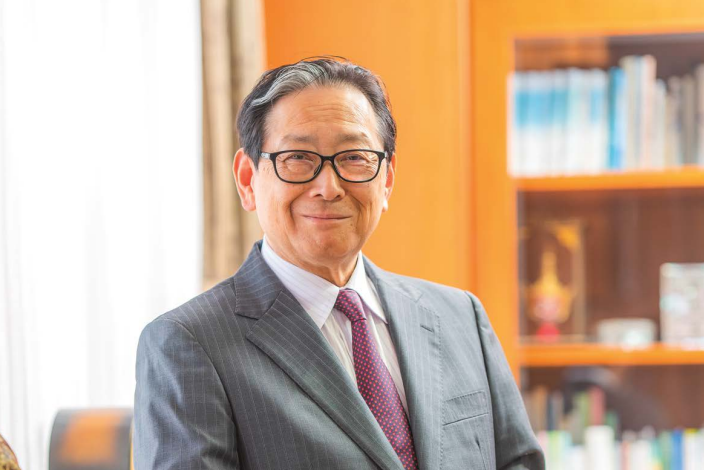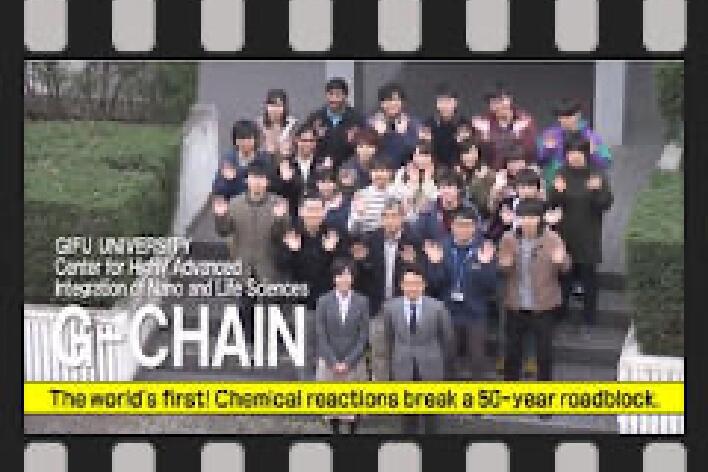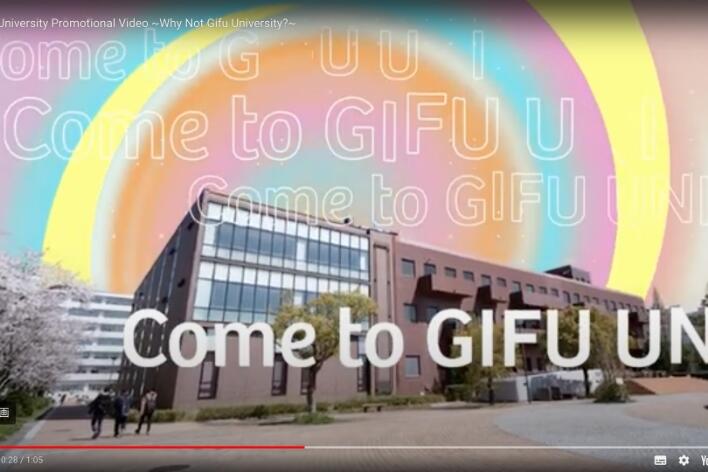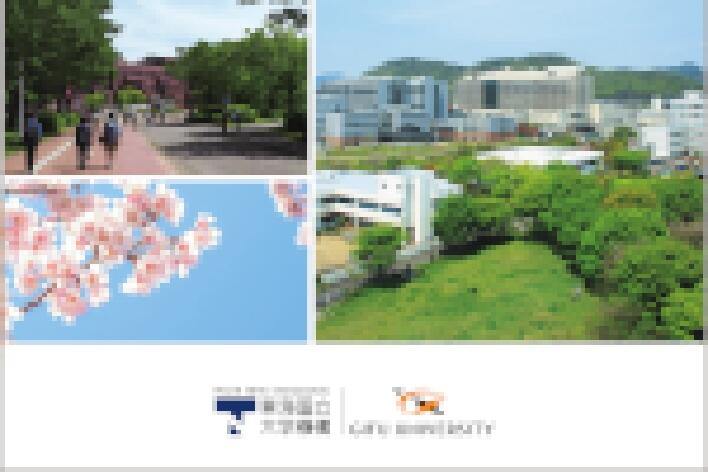Discovery that hard water can be softened by atomization
*Information related to faculty members/students and graduate schools at Gifu University here are all that of the time of interviewing.
In collaboration with TKS Corporation (headquartered in Gifu, Gifu Prefecture), Professor Kazuhiro Kubo from Gifu University's Faculty of Education has discovered that hard water can be softened through atomization treatment. This innovative technology is highly versatile, as it allows for easy and cost-effective softening of hard water.
Water Softening Method Found to Reduce Health Risks
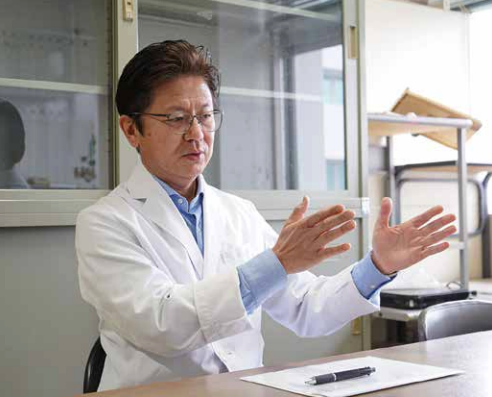
Department of Home Economics
Faculty of Education, Gifu University
Professor KUBO Kazuhiro
Drinking water is typically categorized as either 'hard water' or 'soft water' based on its mineral content. Hardness refers to the concentration of calcium and magnesium ions present in 1,000 ml of water. Regular consumption of hard water, especially with elevated calcium levels, may potentially raise the risk of developing prostate cancer due to excessive calcium intake and the subsequent buildup of inorganic salts (primarily calcium carbonate) in water pipes.
Although Japan typically produces soft water, many regions in Europe and North America face the challenge of dealing with hard water. In these areas, water softening is commonly practiced, but the associated costs of equipment investment and professional maintenance pose significant hurdles. Our research has revealed a simple and cost-effective solution: atomization. By atomizing hard water, we can soften it effectively. I believe that this innovative method opens up a wide range of possibilities for water treatment.
Unlocking New Possibilities Through Different Perspectives
Our research collaboration with TKS Corporation, renowned for their development of shower heads that emit ultra-fine bubbles, began with our shared goal of exploring novel applications for the unique properties of ultra-fine bubbles. However, despite conducting numerous studies together since 2014, we did not achieve any significant results.
We reached the turning point in 2021 during Ms. KASUMI Mayu's master's thesis research. Collaborating together, we aimed to develop a technology that would enhance the concentration of ultrafine bubbles in water. During our experiments, we explored various conditions and attempted to atomize hard water. One day, Ms. Kasumi observed, 'The water that came out was white and cloudy.' Initially puzzled by this phenomenon, I later realized that atomization softens hard water.
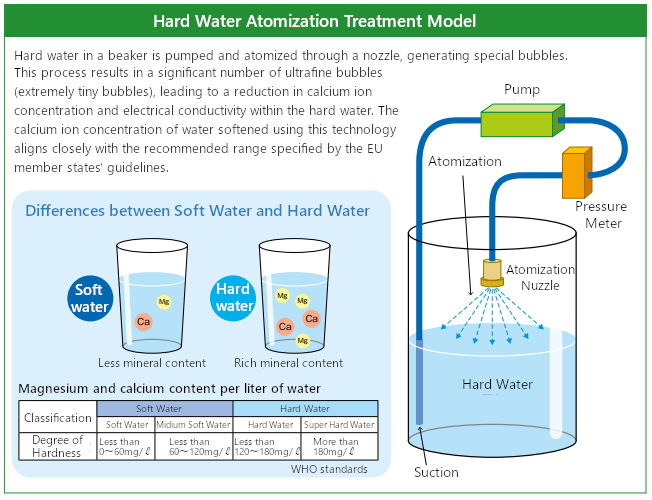
We are committed to developing new products based on our research findings.

school in 2020, received the Chubu Branch Award 2021 (the Chubu
Branch Encouragement Award for Presentation by Graduate Students
and Students) from the Chubu Branch of the Japan Society of Home
Economics. The research theme for which she received the award
focused on the 'Development of a new hard water softening method.'
While not part of the original plan, our research received the Chubu Branch Award 2021 (the Chubu Branch Graduate Student and Student Presentation Encouragement Award) from the Chubu Branch of the Japan Society of Home Economics. Additionally, the findings were published in "Food Science and Technology Research," an international journal focused on food science and engineering.
I am genuinely pleased to have shared this experience with my students. In today's educational landscape, there is a growing emphasis on 'problem-solving learning,' where students learn to identify issues spontaneously and develop the skills to solve them. Our complex and diverse society presents numerous challenges that cannot be addressed solely through theoretical knowledge. As we shift from traditional passive learning to active engagement, I hope that our research achievements have helped students recognize the importance of using their intellect and practical skills to tackle real-world problems.
The revelation that hard water can be readily softened represents a significant advancement in mitigating health risks. Given water's essential role in human life, this discovery holds immense promise. Currently, we are actively investigating the potential for commercializing this innovative technology at international exhibitions. My goal is to delve into the intricate mechanisms underlying the atomization process and develop a product that contributes to a more sustainable society.
